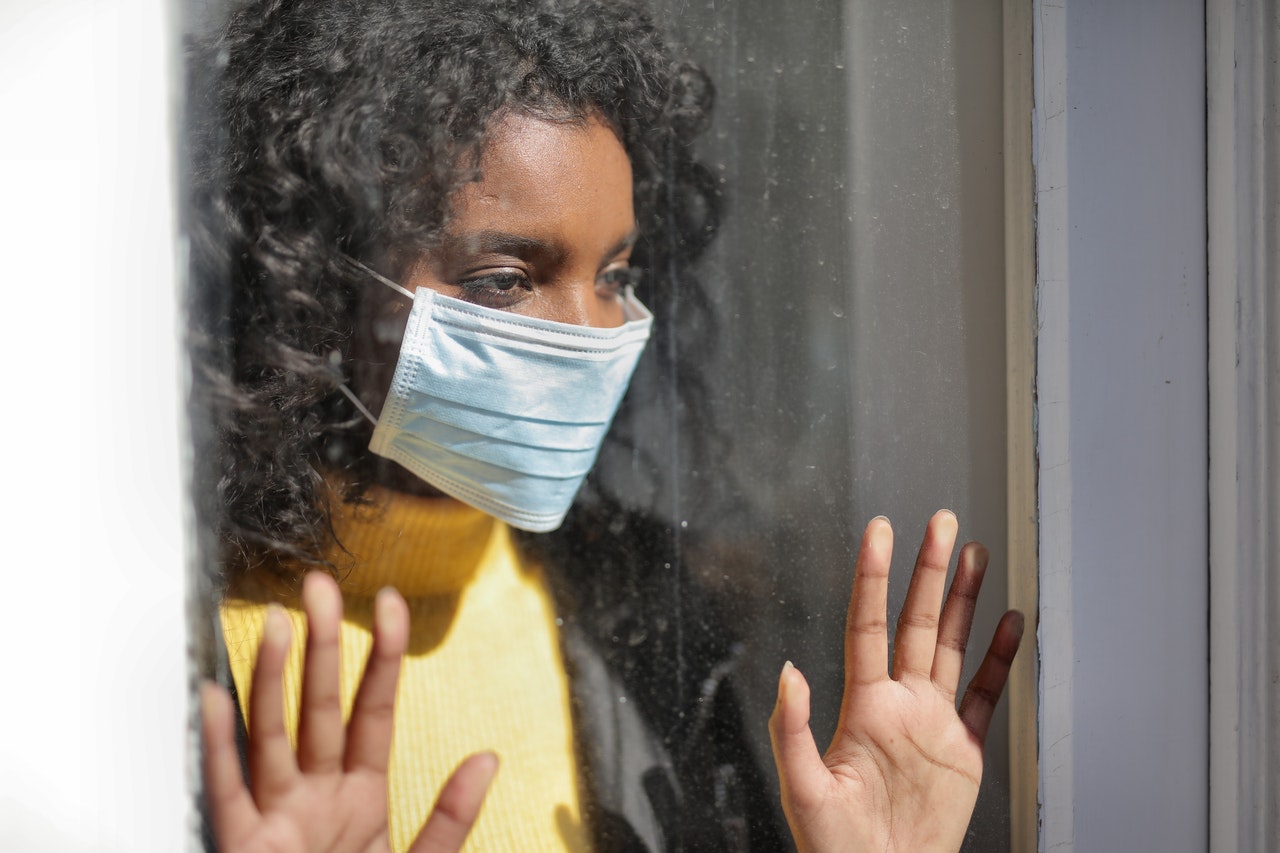Talked Covid: So we are back in lockdown, now what?
It's understandable if you are feeling upset, anxious or frustrated by news of another lockdown.
We are living in tough and trying times. COVID-19 has had a profound impact on our day to day lives, and we are all experiencing heightened anxiety, confusion and isolation. It’s okay not to be okay.
Here are some strategies that we at Talked have prepared to help you manage your mental health in lockdown.
Focus on what you can control
Never before in our lifetimes, have we faced such a global and widespread threat, on the heels of the most devastating bushfire season in Australian history. When the uncertainty of what will come next and the anxiety about the future coalesce, the potential of a chaotic mind arises.
Dr Russ Harris, author of The Happiness Trap encourages people to manage feelings of uncertainty through the FACE framework. The FACE framework involves four practical steps that can help you in lockdown to manage uncertainty and anxiety.
F – Focus on what’s in your control
A – Acknowledge your thoughts and feels
C – Come back into your body
E – Engage in what you’re doing
Keeping this acronym in mind is important when facing the uncertainty around COVID-19.
Take it easy

“Your priority is to carve out time for self-care, so do what you can to clear your schedule and avoid any potentially stressful situations.
”
During the new rounds of lockdown, it is important to remember to be kind to yourself.
Whether you are working from home, undertaking home-schooling for children or providing emotional and physical support to your loved ones, know that all these tasks do not need to be completed concurrently.
Your priority is to carve out time for self-care, so do what you can to clear your schedule and avoid any potentially stressful situations. Once you have time to yourself, take some deep breaths, run yourself a hot bath or use an aromatherapy diffuser and some soft music to create a sense of calm. Mindfulness, relaxation and exercise can also be helpful at times like these.
You’re not alone, stay connected

“Make time to call someone on the phone, write a letter or send something through the mail.
”
One of the most important things for our mental health is to feel connected to those around us. Whilst the lockdowns may add a physical barrier to our relationships, whether that be forced quarantine or restrictions on movement, it is important that we remain in contact with our friends, family and other loved ones.
There are many ways to accomplish this, we recommend using a video calling platform such as Zoom so that you can see and hear your friends and family. It is important to catch up, to talk and to listen to each other.
If you would normally meet up with a few friends for a drink or a coffee, try to stick to that routine and make it a virtual catch up instead. Make time to call someone on the phone, write a letter or send something through the mail.
If you’re still struggling, seek support
If you continue to feel stressed or anxious, there is support available. Don't underestimate the impact on your mental health in your daily life. Trying to soldier on may sometimes amplify your feelings. A therapist can help you understand why you are feeling this way, diagnose any mental health issues you may be experiencing, and help you find the right treatment to get you on the path too healing.
Essential Reading
Recommended Therapists Available Now
VIC
Clinical Psychologist
I am a Clinical Psychologist with a Masters qualification and around six years of experience working predominantly in the Victorian public mental health system. My work h...More
QLD
Psychologist
As a psychologist, I value each client as an individual with unique life experiences, skills, and talents. I love helping my clients clarify what makes life rich, full, a...More
QLD
Clinical Psychologist
I provide a counselling approach that is compassionate, non-judgemental, and evidence-based. My goal is to create a safe and secure therapeutic space where you feel heard...More








